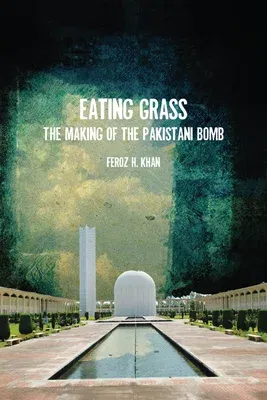The history of Pakistan's nuclear program is the history of Pakistan.
Fascinated with the new nuclear science, the young nation's leaders
launched a nuclear energy program in 1956 and consciously interwove
nuclear developments into the broader narrative of Pakistani
nationalism. Then, impelled first by the 1965 and 1971 India-Pakistan
Wars, and more urgently by India's first nuclear weapon test in 1974,
Pakistani senior officials tapped into the country's pool of young
nuclear scientists and engineers and molded them into a motivated cadre
committed to building the 'ultimate weapon.' The tenacity of this group
and the central place of its mission in Pakistan's national identity
allowed the program to outlast the perennial political crises of the
next 20 years, culminating in the test of a nuclear device in 1998.
Written by a 30-year professional in the Pakistani Army who played a
senior role formulating and advocating Pakistan's security policy on
nuclear and conventional arms control, this book tells the compelling
story of how and why Pakistan's government, scientists, and military,
persevered in the face of a wide array of obstacles to acquire nuclear
weapons. It lays out the conditions that sparked the shift from a
peaceful quest to acquire nuclear energy into a full-fledged weapons
program, details how the nuclear program was organized, reveals the role
played by outside powers in nuclear decisions, and explains how
Pakistani scientists overcome the many technical hurdles they
encountered. Thanks to General Khan's unique insider perspective, it
unveils and unravels the fascinating and turbulent interplay of
personalities and organizations that took place and reveals how
international opposition to the program only made it an even more
significant issue of national resolve.
Listen to a podcast of a related presentation by Feroz Khan at the
Stanford Center for International Security and Cooperation.

